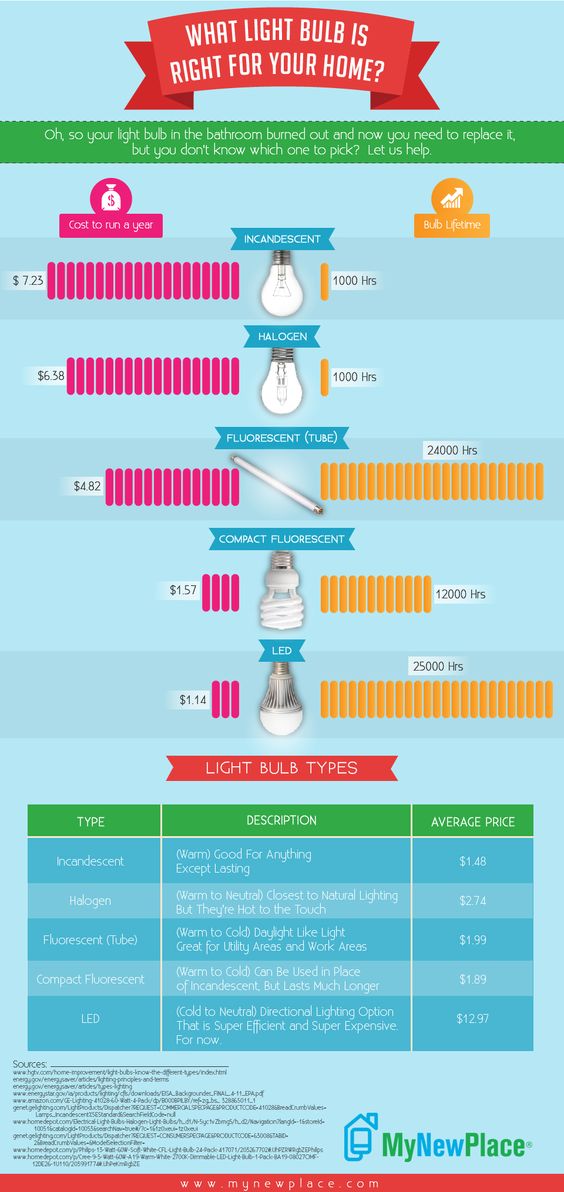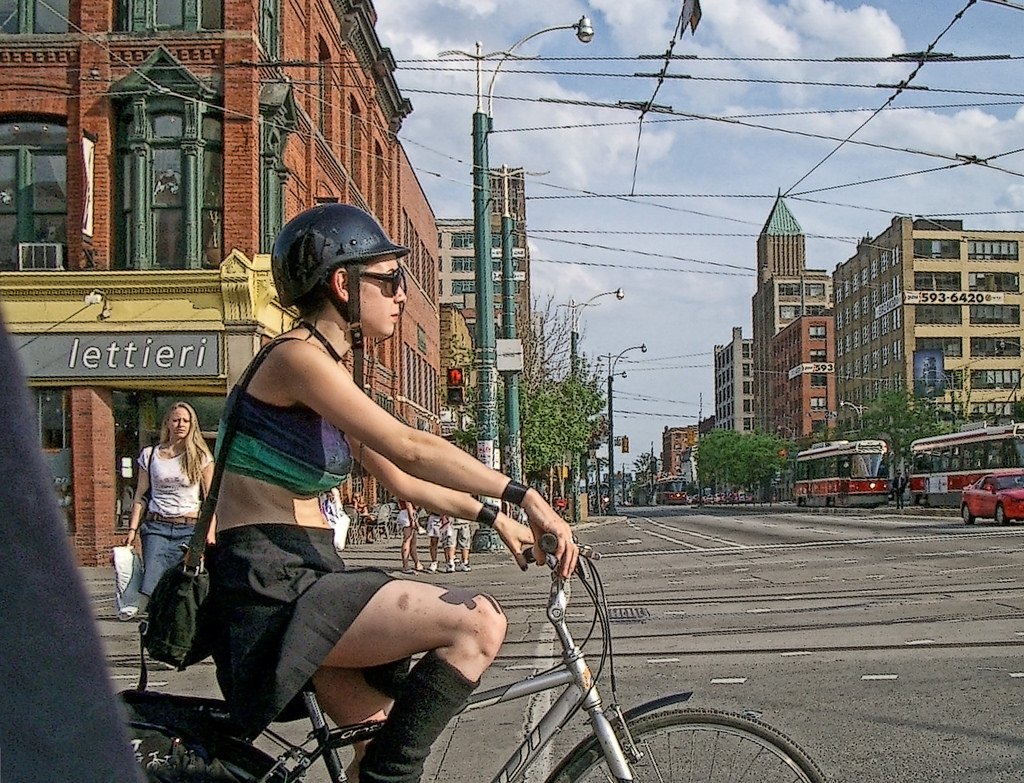Aug 8, 2016 – As a renter, you may not think you have much control over your ecological footprint. But it turns out that what you do in your individual apartment can have a big impact on the environment–and your health.
Check out our tips for how to ‘go green’ in your apartment and save money throughout the year–especially in the summer, when air conditioning tends to make electricity bills sky-high.
How to reduce your environmental impact
1. Recycle. It’s easier to recycle when you make a point of keeping a separate bin to hold all of your recyclable items. Ask your property manager for details on recycling at your apartment. Not sure what can be recycled? Check out this recycle chart.
2. Switch to energy-efficient lightbulbs. Lightbulbs such as halogen incandescents, compact fluorescent lamps (CFLs), and light emitting diodes (LEDs) use about 25%-80% less energy than traditional incandescents, and can last 3-25 times as long, saving you money and reducing your energy use. Check out this room-by-room guide to choosing energy-efficient lightbulbs and learn how to recycle used lightbulbs.

3. Use eco-friendly cleaning products. Many conventional cleaning products contain harmful chemicals and allergens that pollute the air and water and make it difficult for humans and pets to breathe. Switch to an all-natural brand like Green Works or make your own to save money and control the ingredients.
4. Turn off lights and unplug appliances when not in use. You don’t have to unplug everything, but if there are things you don’t use often or you’re going on vacation, turn off energy-hogging appliances. A power strip makes it easy–you can plug a bunch of things into it, and “unplug” everything at once by turning it off when not in use.
5. Pay bills and do paperwork online. Avoid using paper or printing things if you can help it. Fill out medical forms online. Ask for emailed/paperless receipts from retailers. It makes it easier to organize things, leaves you with less clutter and reduces your environmental impact.
6. Get a water filter and reusable water bottle instead of purchasing bottled water. Tap water is highly regulated, and a water filter can make it taste even better. Plastic water bottles sit in landfills and take a long time to decompose, so a reusable water bottle is a much more environmentally-friendly choice.

7. Bike, walk or take public transportation as often as possible. Many of our apartment communities, including our Main Jewett Apartments, Delaware Park Apartments and Elmwood Village Apartments are within walking and biking distance to offices, restaurants and shops and are located near bus lines. Take advantage of the warm summer weather and save gas by taking short trips on foot or by bike, or use the bus for errands like buying groceries or going to the doctor.
8. Turn down your heat or air conditioning when you’re not home. There’s no need to heat or cool an empty house. You can save energy and reduce your bills by programming your thermostat or turning it off when it’s not in use.
9. Buy and eat local. Most food travels 1500 miles from farm to fork. You can reduce your environmental impact by choosing locally grown, seasonal food instead of imported items. Shop at farmers’ markets such as the Elmwood-Bidwell Farmers’ Market, North Buffalo Farmers’ Market or the North Tonawanda Farmers’ Market (or any of these other markets) or check out the Lexington Co-op for the freshest local produce, meats and other products. You can even grow your own herbs inside your apartment to make your meals as local as possible–watch the video below to find out how.
10. Save water. Take shorter showers and turn the water off when you’re brushing your teeth or otherwise not using it. Keep water in the refrigerator instead of running it until it gets cold. Talk to your property manager about installing an eco-friendly shower head in your shower to further reduce your water consumption. And if you have a faucet that’s dripping, be sure to contact maintenance. Most often it’s a quick fix and results in significant water savings (those drips add up!)
What other ways have you ‘gone green’ in your home or apartment? Let us know in the comments below.

 Fair Housing Notice
Fair Housing Notice 